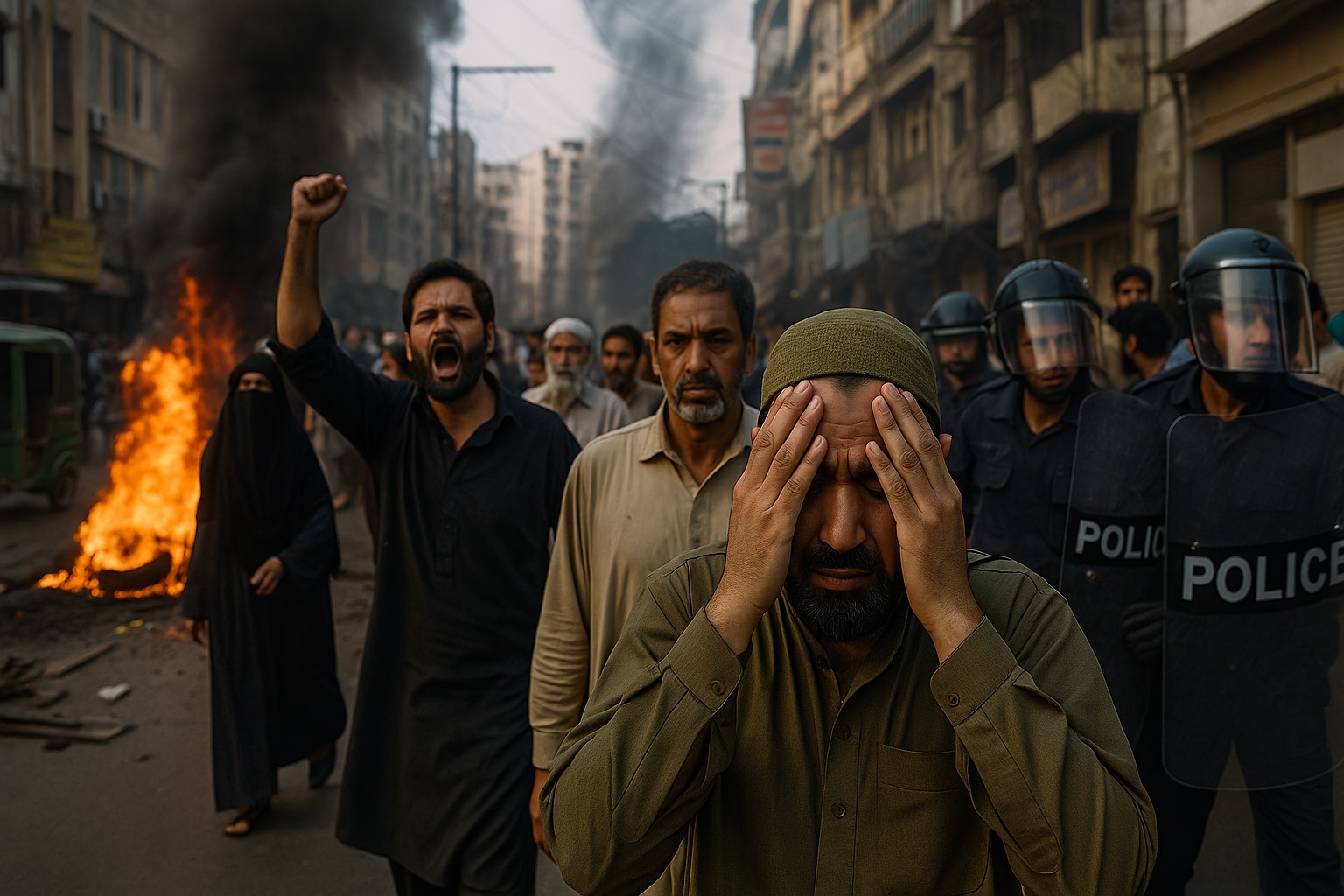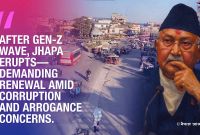Pakistan on the Brink: Collapse of a Nation Fueled by Corruption, Chaos, and Crisis!

Pakistan today finds itself engulfed in a deep and multifaceted crisis—socially, economically, and politically. From the capital Islamabad to Karachi, from Sindh to Gilgit-Baltistan, reports of breakdown, corruption, violence, and administrative failure are emerging from every corner of the country.
In Karachi, citizens have blocked roads in protest over severe water shortages. Meanwhile, in Lahore, over 3,800 vehicles belonging to government offices have blatantly violated traffic laws, exemplifying a culture of "official impunity."
Adding to the discontent is Pakistan’s tax system, which analysts say has become a barrier to development. Inequitable tax collection, exemptions for the wealthy, and heavier burdens on the poor have fueled growing public anger. According to a report by The Pakistan Observer, the current tax structure is a major obstacle to inclusive economic growth.
Simultaneously, the disturbing face of state-sponsored violence is beginning to surface. Environmental and political crises are escalating in Gilgit-Baltistan, while in Pakistan-occupied Kashmir (PoJK), the abduction of student leaders and suppression of protests have sparked widespread outrage. In areas like Mirpur, Balakot, and Muzaffarabad, calls for freedom have once again grown louder. A recent report published by DevDiscourse reveals that international voices are rising against Pakistan over grave human rights violations.
Pakistan's global image has also taken a severe hit. Leaders from Saudi Arabia, Qatar, Italy, France, and South Africa have backed India’s stance on terrorism, placing Pakistan at the center of international criticism. Speculation that Pakistan could divert a $2 billion IMF loan toward military use has further intensified global condemnation.
Internally, issues such as anti-drone protests, repression of human rights activists, persecution of minorities, and restrictions on press freedom continue to grow. Even major Pakistani media outlets like The Dawn and The Express Tribune have started highlighting these incidents of state violence, raising critical questions about the country’s governance.
Meanwhile, widespread unemployment, inflation, and systemic corruption have pushed ordinary Pakistani citizens toward public revolt. Thousands of pilgrims were forced to return from Hajj without reimbursement, while attacks on police and kidnapping incidents in Islamabad have exposed alarming gaps in national security.
All signs suggest that Pakistan has moved beyond the point where a single leader or political alliance can resolve its crisis. The situation has evolved into a structural, psychological, and internal fragmentation. If the country fails to act swiftly toward meaningful reform, Pakistan risks not just becoming a failed state internally, but also destabilizing the entire South Asian region.




![From Kathmandu to the World: How Excel Students Are Winning Big [Admission Open]](https://nepalaaja.com/img/70194/medium/excel-college-info-eng-nep-2342.jpg)
